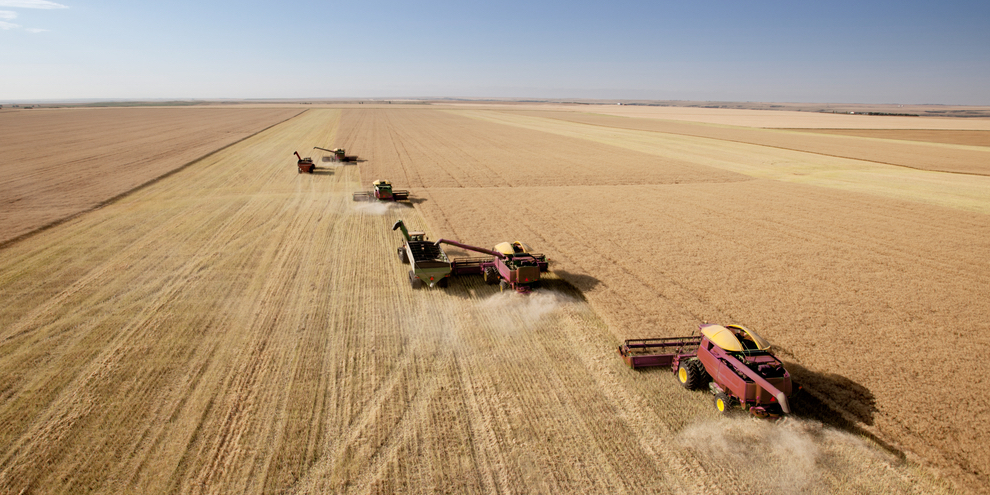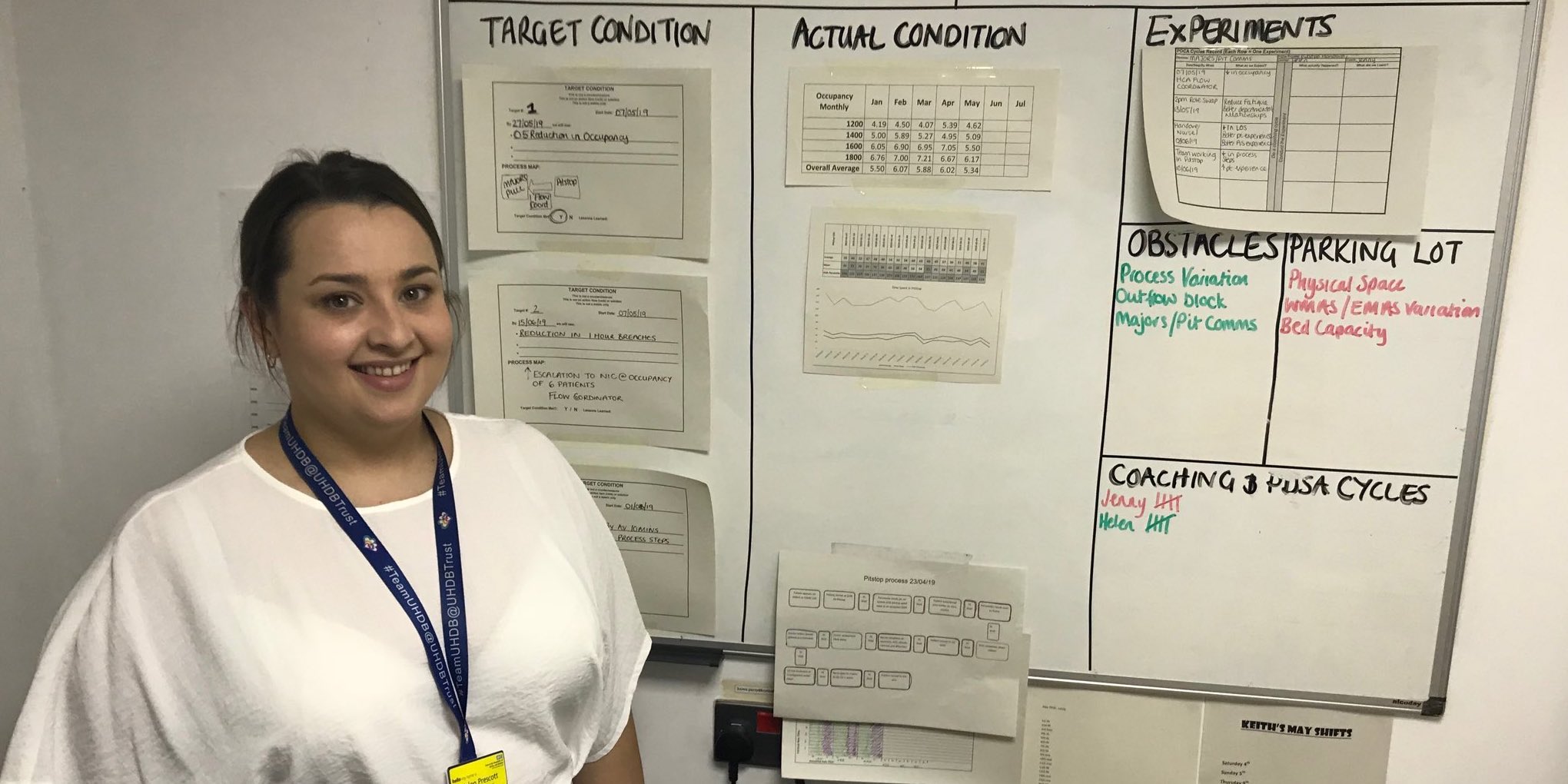
Lean maintenance in agriculture
FEATURE – The problems agricultural businesses encounter every day can be solved using simple concepts of lean maintenance, resulting in considerable gains.
Words: Anderson Rached and Bruno Battaglia
Having coached agrobusinesses for years now, more specifically workshops and maintenance areas of rural properties, we at Lean Institute Brasil have witnessed the significant gains that lean can bring to the sector. That’s why we have decided to share with the community some of the benefits that Lean Thinking can bring to a sector in which the methodology is still far from widespread.
The results that we have seen across the projects we have facilitated include: a 50% productivity increase in the loading time of trucks; savings of 1.5 hours per day in animal care thanks to better equipment usage; reduction in the waste of motor oil totaling some R$ 60,000 (around € 12,000) per year per unit; a 15% increase in equipment availability; a 15% productivity boost in animal care; or a cost reduction of over € 10,000 per year with idle machines.
Adding up all these gains, farms that practice Lean Thinking can look at return figures in the millions. As miraculous as these results may sound, they are actually the result of simple lean-empowered actions taken on small, daily issues.
WHAT WE SAW WALKING THE GEMBA
On our gemba walks, it is not uncommon to see equipment standing by waiting for parts or repairs, trucks broken due to a lack of lubrication or periodic inspections, and machines with low performance caused by continuous malfunctions. In other words, what many agrobusinesses face are a series of situations generated by the lack or the low quality of preventive maintenance.
Many farms typically perform maintenance as a corrective action, carried out after the equipment breaks down. But as the saying goes, prevention is better than cure. Indeed, performing corrective maintenance can cause several problems to operations, such as delays, high costs, loss of efficiency, and low productivity.
In a traditional farm, operators are not involved in maintenance activities, being only responsible for operating the equipment. It is the mechanics who repair the machines that are experiencing problems. When this happens, deadlines for repairs are normally tight, which creates constant pressure on the workshop team (who, in order to minimize the effects of an emergency, tries to “protect” itself with a higher inventory of parts, for example).
The organization of workshop processes deserves proper care. Working under pressure is difficult, unsafe, and more expensive – especially when the environment is disorganized. In such circumstances, problems quickly ensue.
LEAN CONCEPTS AND PEOPLE EMPOWERMENT
It should be noted that agricultural activities are essentially linked to biological cycles that wait for no man. The time for harvesting, cattle feeding, spraying crops or vaccinating animals (among others) are examples of how successful processes in farming can only result from resources being readily available at the right time and in the right quantity.
When we coach agrobusinesses, people often tell us: “We know about these problems, but how can we solve them?” The key to solving them lies in giving greater support and autonomy to the maintenance team by applying a few lean maintenance concepts:
- Mapping of resources and processes. We use it to identify all the critical processes and resources that always need to be available and that cannot afford any unplanned downtime. With this mapping exercise, we seek to identify gaps in relation to unscheduled maintenance, waste, disorganization, among other opportunities for improvement.
- Implementation of autonomous maintenance and planned maintenance routines. With these, we can reduce the burden on the technical and specialized maintenance team, avoid equipment breakdowns, increase availability, increase productivity, and gradually establish a culture in which the operator feels like the owner of the equipment.
- Optimization of spare parts/tool inventories and purchasing processes. This allows us to reduce the cost of buying lost tools and improve tool management. With simple and visible tools, we can guarantee faster service when needed. Through inventory management, we can maintain adequate levels of spare parts, thus avoiding waste and high costs of parts that are often not even used, as well as ensuring that critical parts are available at the right time.
- Training of the operational team in the new practices and monitoring routines with the production team. After making the improvements listed above, it’s important we develop operational teams and leadership so that the concepts are properly learned, as well as create daily alignment routines for all teams, ensuring that they regularly discuss the necessary activities. These are things like equipment that will perform maintenance, equipment that needs maintenance. Being proactive rather than reactive will lead to greater efficiency in the farm’s operations and results.
LEAN MAINTENANCE AS AN ANTIDOTE TO PROBLEMS
Implementing lean routines and practices in farm maintenance can make a huge difference in your ability to run effective and efficient processes. More than a “support area”, the workshops should be seen as the core of the “operational health” of your agrobusiness. Planning and managing maintenance areas, therefore, can lead to a significant increase in productivity and resource availability. In addition to the quantitative gains mentioned in this article, practicing lean in the workshop generates better alignment between teams, reduces stress, improves deliveries, and generates greater confidence to perform the core activities of the operation.
So, in your farm, how “healthy” is your workshop?
THE AUTHORS


Read more


LEAN THINKING WOMEN – We speak with women lean leaders about the link between gender equity and the creation of value as well as the value of diversity to the global lean community.


CASE STUDY – Starting with a series of pilot sites, the NHS is hoping to engage the Kata coaching approach to really spread an improvement culture to staff and patients.


WOMACK’S YOKOTEN – Ahead of the holidays, for his last column of the year, the author reminds us of the power of sharing. Go out and spread the lean word!


COLUMN - In the first installment of her new column, the CIO of Finnish defense company Patria shares her thoughts on what makes lean management so critical in the life of the leader of an IT department.

